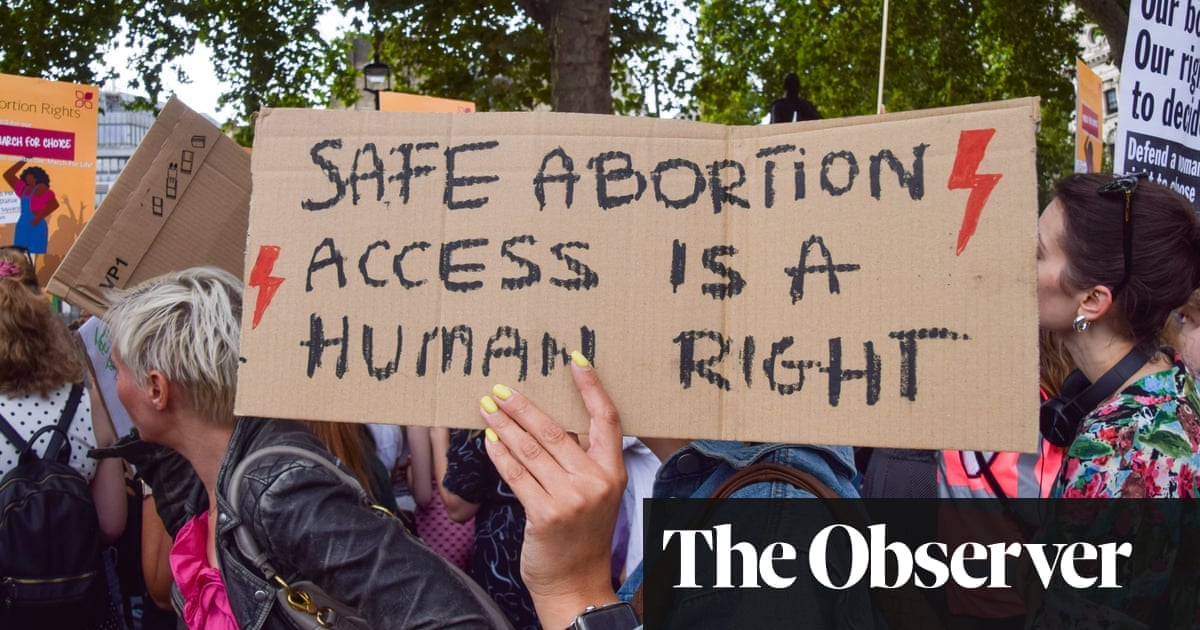Rachael Clarke remembers life before buffer zones. Almost every day, the head of staff at the UK’s biggest abortion provider would get emails from staff worried about protesters outside clinics – and women crying in the waiting room.
Since buffer zones were rolled out nationally late last year – building on public space protection orders that were already in place outside some clinics – she says things have drastically improved.
Reports of alleged harassment outside British Pregnancy Advisory Service clinics have stopped almost completely. So when she heard JD Vance, the US vice-president, decrying buffer zone laws as an attack on the “liberties of religious Britons” in a speech on Friday at the Munich Security Conference – and condemning the conviction of a man, Adam Smith-Connor, who he said had been targeted for “just silently praying on his own” – she wasn’t impressed. “You can’t see these things in isolation,” she says.
Rather than being a one-off, Clarke sees the Smith-Connor case as part of a wider effort by anti-abortion campaigners to test the new law to the limits – and shift the focus away from the true reason for buffer zones to a debate about freedom of speech.



Sorry i forgot to mention i was sipping me tea there mate.